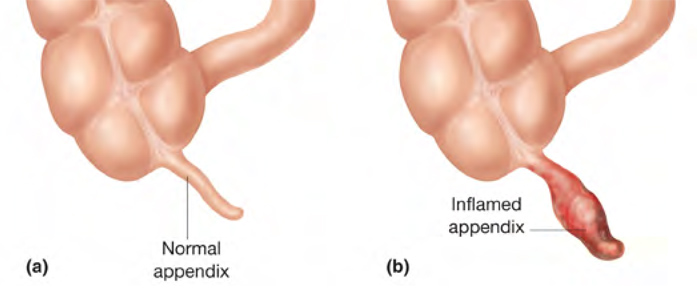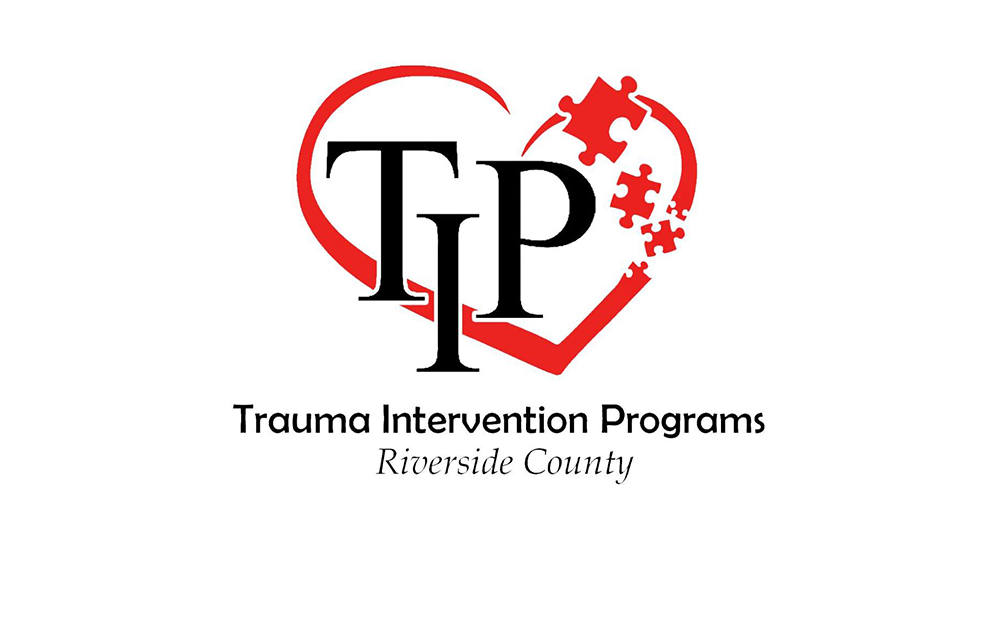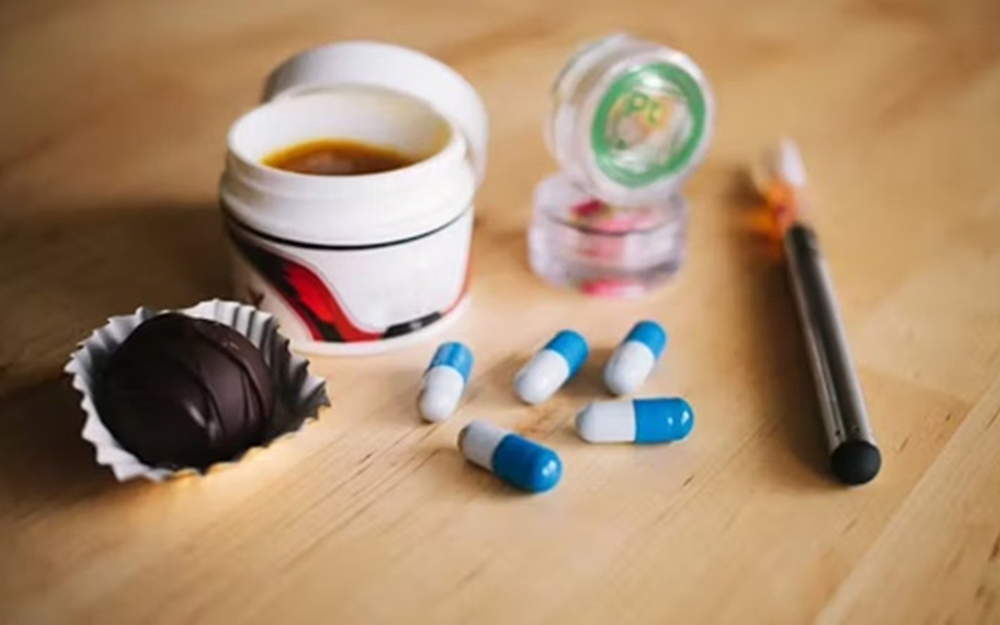
“Dr. Peter, a friend of mine recently had to have emergency surgery for appendicitis. I’m a little worried, because I occasionally will have stomach aches. How do I know I’m not having appendicitis?” -Paul, La Quinta
Paul, appendicitis usually presents as progressively worsening abdominal pain that will not resolve to come back again at a later date. Your occasional stomach ache may represent other conditions that you should discuss with your doctor.
The incidence of appendicitis occurs in 6% of the population, usually between the ages of 10-30 years old.
The appendix is a small, narrow tube with one closed end and the other end opening into a part of your large intestine. This part of your large intestine is called the cecum and is generally located in the right lower region of your abdomen.
The opening of the appendix may get blocked by mucus, stool or swelling of it’s lining. If the blockage does not clear, the area becomes inflamed and infected, developing into appendicitis. The inflamed appendix may actually burst or perforate causing the infection to spread throughout the abdominal cavity. Appendicitis can be life threatening and requires surgery.
Initial symptoms of appendicitis may present as diffuse, generalized abdominal pain along with loss of appetite. As the condition worsens, the pain becomes more severe and may localize to the right lower quadrant of the abdomen, generally between the front of the right hip bone and the belly button. Fever, nausea and vomiting may also develop. Sometimes the presenting symptoms aren’t that clear and careful observation by your physician is needed. Your physician may order laboratory testing along with radiological imaging to help with the diagnosis.
“Dr. Peter, your last article mentioned the importance of hydration and drinking a lot of fluids, especially in the summer. I drink a lot of coffee throughout the day, is that good enough?” -Elwood, DHS
Sorry Elwood, that isn’t good enough. While coffee does have some health benefits, it is considered a diuretic, which means it causes you to urinate, thus losing more fluid. It can actually cause dehydration or make it worse. The same goes for drinking soft drinks. Drink more water.










































